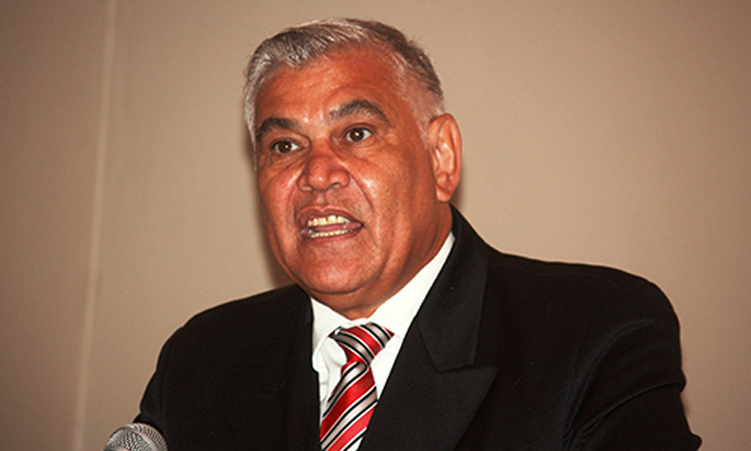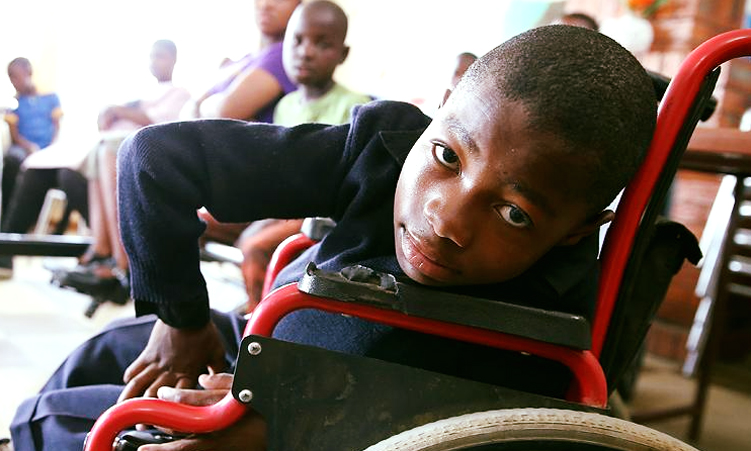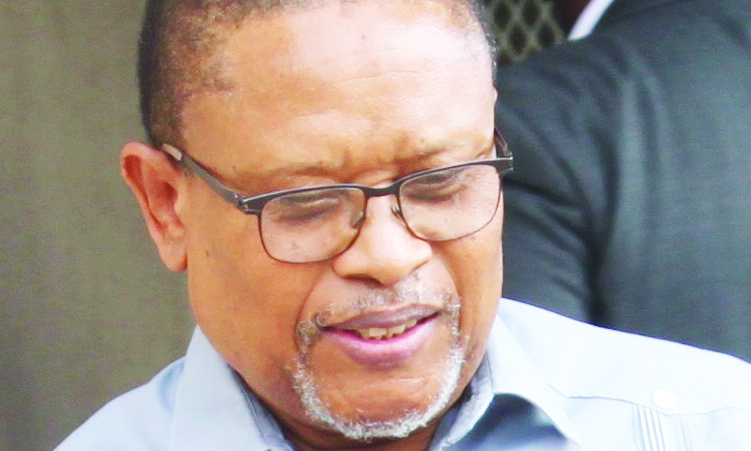WHEN I see on television American troops operating in Afghanistan, two Afro-American leaders come to mind. These are Doctor Martin Luther King and Brother Louis Farrakhan.
King delivered his sermon ‘Why I oppose the war in Vietnam’ amid criticism that he was too silent from black radicals, among them Stokely Carmichael, Eldridge Cleaver and Bobby Seale. King rapped the war and called on America to withdraw its children. He concluded with the words: ‘I don’t know about you, but I shall study war, no more!’ University campuses intensified campaigns for the withdrawal of American troops from Vietnam. These defining moments were enhanced by the role of media and prominent among them was American journalism’s defining voice, late Walter Cronkite.Unlike King, Farrakhan hailed from the Nation of Islam. Reverend Jesse Jackson was running for President and Farrakhan backed and actively campaigned for him. A jet fighter pilot Lieutenant Goodman was shot down over Damascus, Syria, while fighting in a war similar to the one raging in the Helmand River valley of Afghanistan. Jackson went to President Assaf of Syria to negotiate the release of Goodman along with Farrakhan. They were successful and returned with Goodman.On a Saturday afternoon I joined fellow students from Columbia University to hear Farrakhan speak in the auditorium at Hunter College. Farrakhan was an orator par excellence. He was a student of an Afro-American fire brand, Brother Malik Shabbaz aka Malcolm X. He gave an emotional speech about why the American war in the Arab world was unjust and unfair. He quoted the Syrian foreign minister in communication to Rev Jackson: ‘Brother Jackson, what we don’t appreciate is that America can fly bomber planes thousands of miles from America to bomb our civilians, we have not attacked them, after-all, we in Syria can never declare war on the United States of America …’ When Barack Obama was elected, tears of joy rolled down faces. Two of them were former Secretary of State Powell and Reverend Jesse Jackson, both of Afro-American descent, and disciples of King. The latter was on site when King was assassinated in Memphis. This reminded me of yet another speech by King in which he expressed his yearning for the day when his children would be judged not according to the colour of their skin, but according to the content of their character. While former Secretary of State Powell could find it difficult to publicly condone or oppose America’s involvement in wars, I do not know whether Rev Jackson is in a similar situation or whether there is reluctance on the part of Black leadership to be critical of the Obama regime, lest it is politically incorrect. Viewed from a non-Eurocentric – or better still an Afrocentric – perspective and, against the backdrop of hopes and accolades heaped towards Obama on his election, the war in Afghanistan has placed Obama’s legacy in a rather compromising position. Equally, America’s war against the Taliban places many African leaders between a rock and a hard place. Conventionally there should be misgivings towards the Obama regime. But this time around the President of the United States is Black and in many ways believed to be Africa’s President, bestoring upon him the status of the good, the bad, the unfortunate President Obama, trapped in the throws of America’s foreign policy. My last word goes to the African Leadership with regard to Afghanistan: Are we united behind President Obama or united against the declaration of wars that continue to displace the people of the world?
Stay informed with The Namibian – your source for credible journalism. Get in-depth reporting and opinions for
only N$85 a month. Invest in journalism, invest in democracy –
Subscribe Now!






